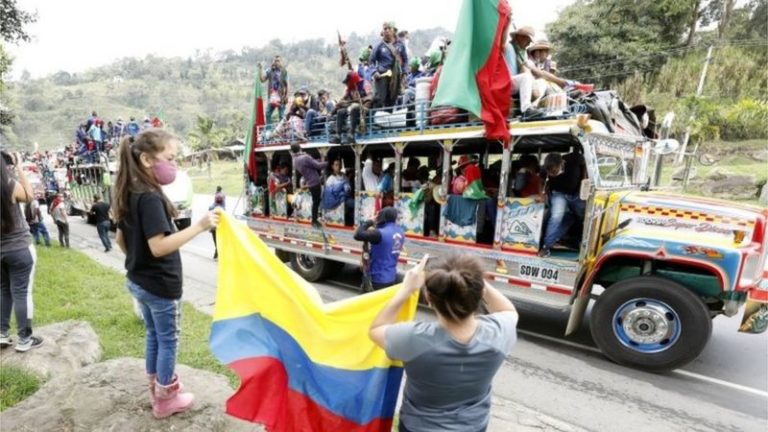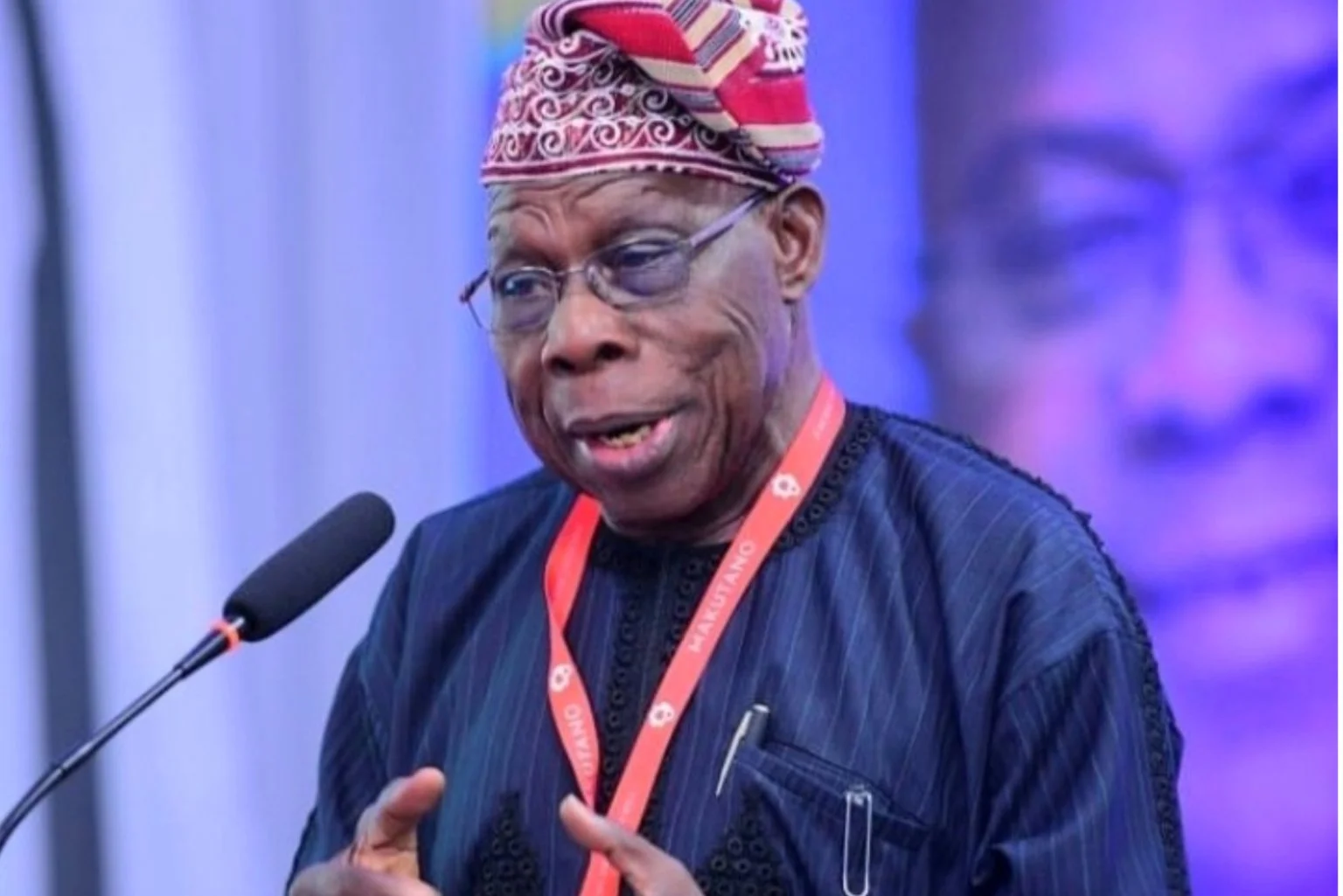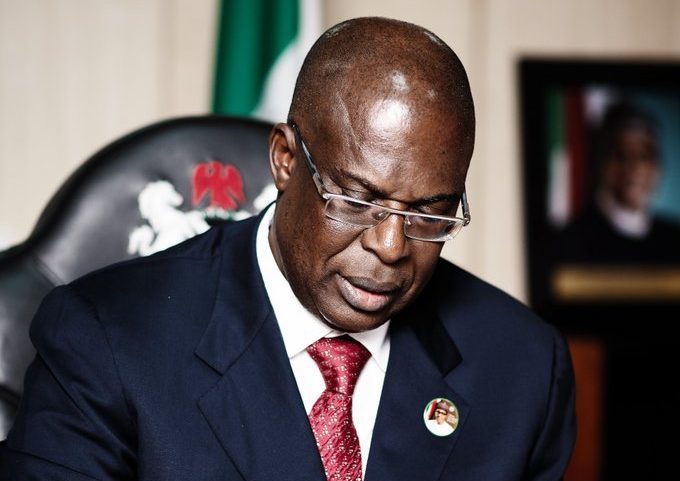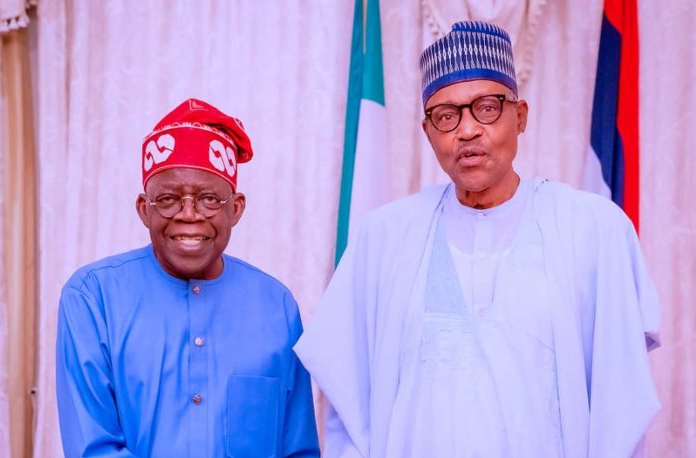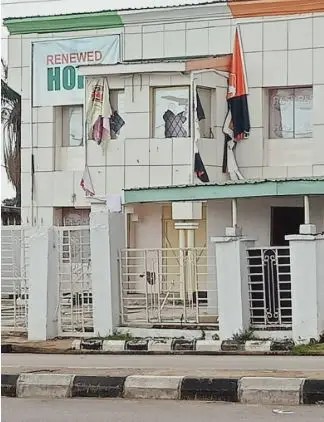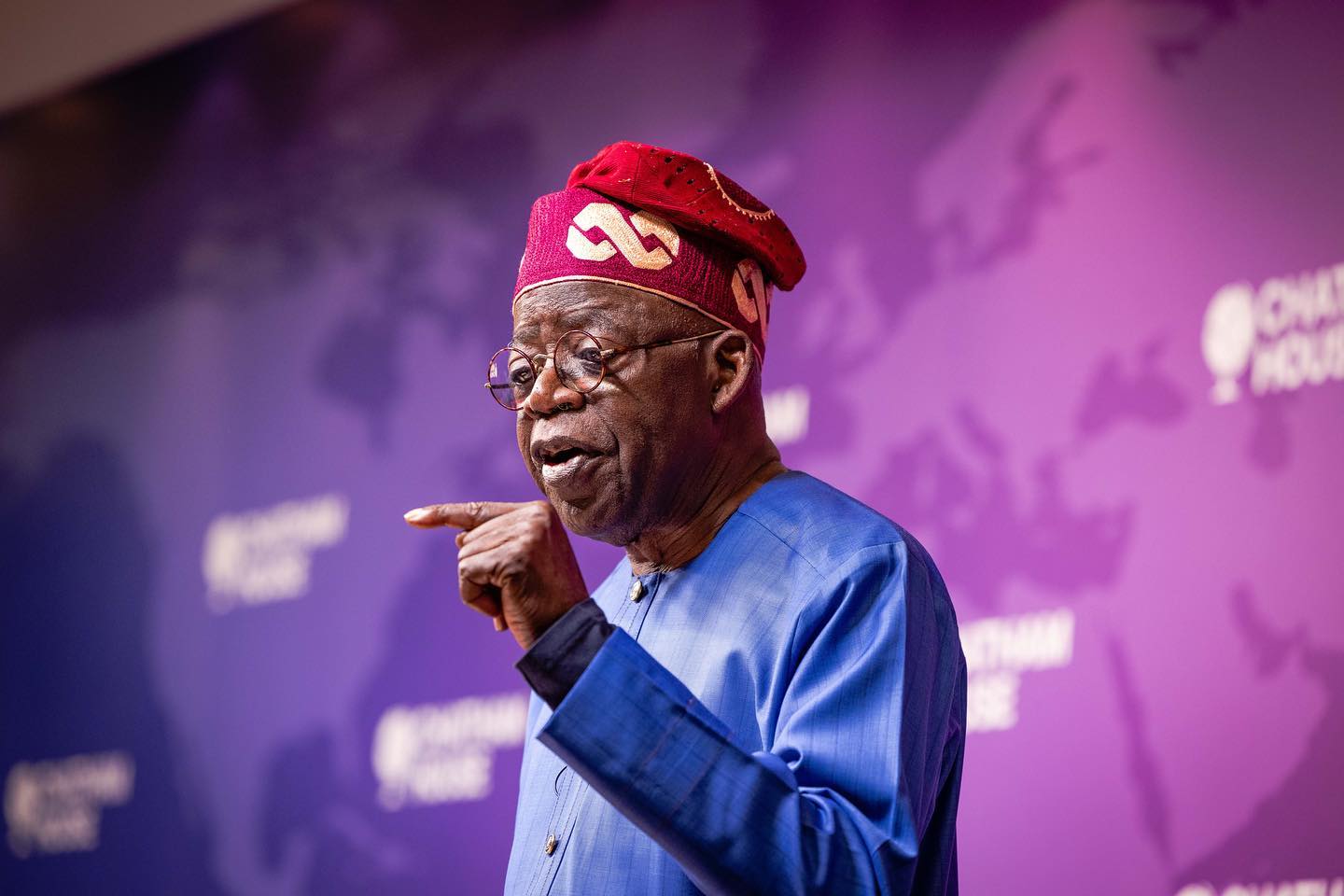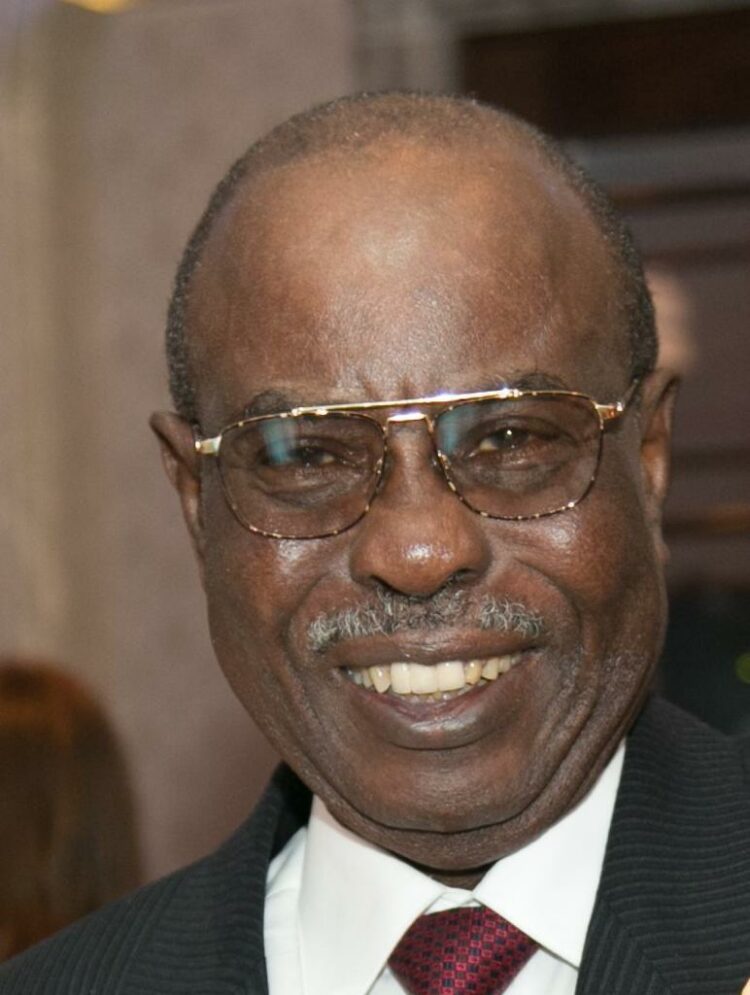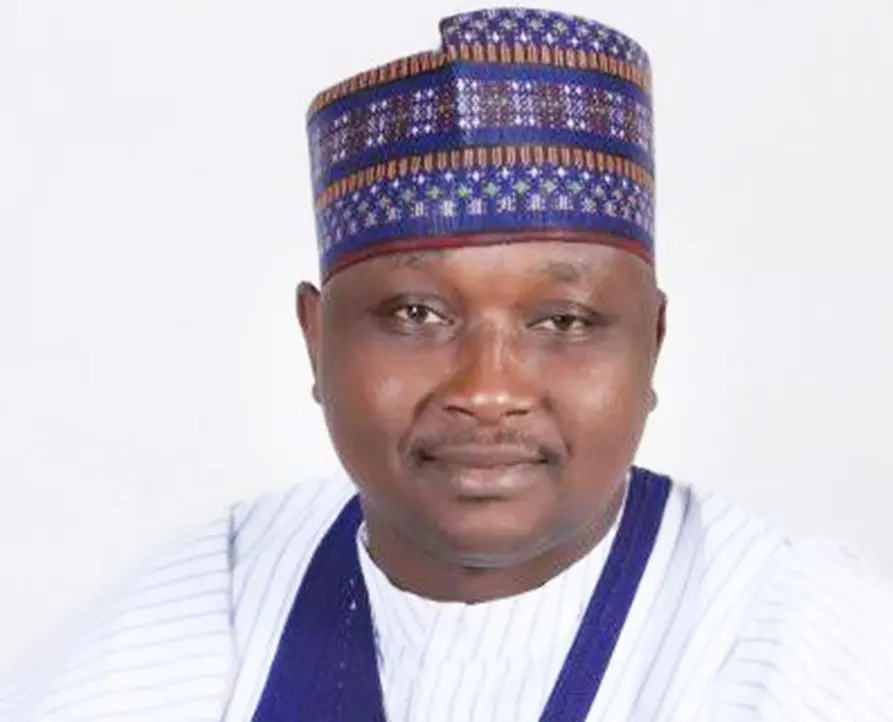Thousands of indigenous people have arrived in the Colombian capital, Bogotá, at the end of a protest march over an increase in violence in their territories.
Read Also:End SARS: Buhari Is Too Soft On Protesters – UN Ambassador
They plan to congregate at the presidential palace on Monday to demand a meeting with President Iván Duque.
The protesters accuse the government of ignoring a rise in murders of indigenous leaders.
They also demand to be consulted on major development projects.
When that meeting did not materialise on 12 October, they carried on to Bogotá.
During their trek they have been joined by social activists and Afro-Colombians who say they face similar challenges to those of the indigenous community, such as being caught in the middle of confrontations between the security forces and armed groups.
The mayor of Bogotá, Claudia López, organised for the city’s main sports centre to be used as an overnight base for the protesters, who in total number about 7,500.
Aparicio Ríos, the leader of an indigenous territory in Paniquitá, in Colombia’s south-western Cauca province, said that they wanted to denounce the systematic killings of indigenous leaders as well as the lack of engagement by the government with indigenous communities.
- Dissident rebels kill indigenous leader
- Anger as indigenous leaders are buried
Even after the signing of a peace agreement between Colombia’s left-wing Farc rebels and the government in 2016, indigenous groups continue to be targeted by right-wing paramilitaries and dissident rebels who oppose the peace agreement.
BBC

